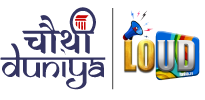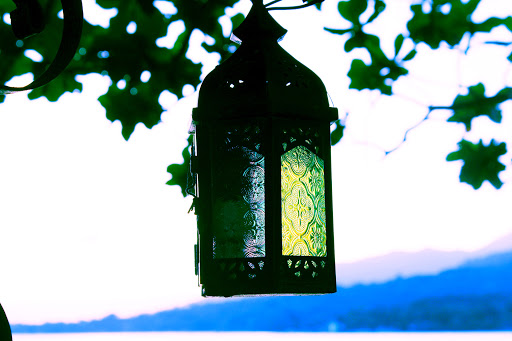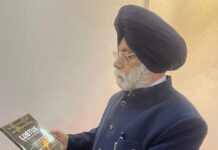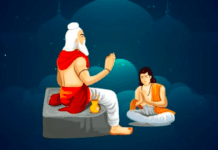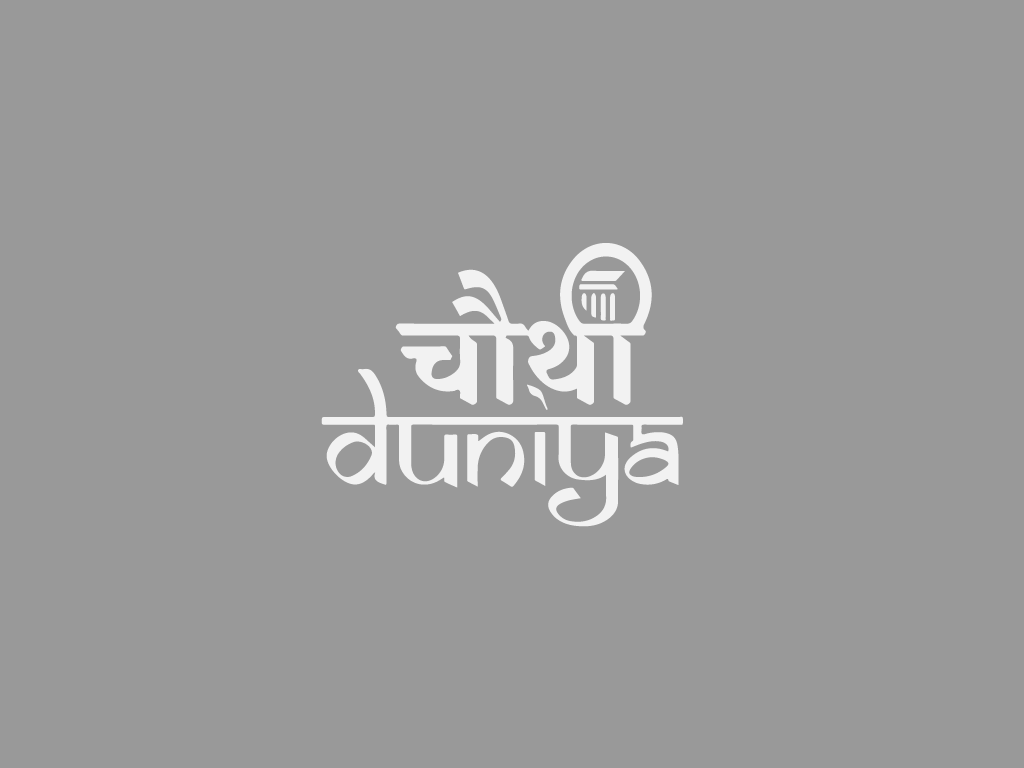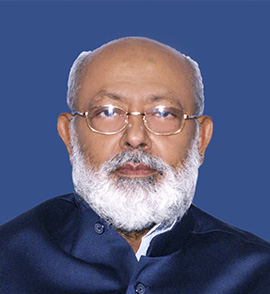
Dr Mohammad Manzoor Alam
On the two Eidain I have been regularly returning to this column over the years. The column is particularly addressed to Indian Muslim youth, even though the readership includes most adult age groups. As you read it we will be very close to Eid-al-Azha.
Most of us are people with average education and intelligence, and it is virtually impossible to find a reader who does not know the background, philosophy and full story of how Prophet Ibrahim (Abraham) to whom Judaism, Christianity and Islam trace the beginnings of their faith traditions, offered his son Ismail (Ishmael) in sacrifice to Allah, Who in His Mercy saved Ismail and instead accepted the sacrifice of an animal.
Every Muslim knows Islam demands from us that we be ready to give back to Allah what He has given us. Eid-al-Azha comes every year to revive our spirit of sacrifice in the way of Allah. It also tells us that by sparing Ismail’s life Allah forbade all human sacrifice, which is often reported from different places in non-Muslim societies.
The three-to-four days of sacrifice is ziafat-Allah (also diafat-Allah), which means feast from God. Although millions of animals are slaughtered worldwide every day, the poor rarely get to eat meat because of its high price. During these three-to-four days the poorest of the poor (whatever their religion) get to eat meat distributed by people who offer sacrifice.
It is not inter-changeable
As the Covid 19 pandemic rages, forcing most of us indoors and compelling us to work from home, teach and learn via internet instead of going to school, college and university, some people in their wisdom decided that instead of sacrificing animals they should donate to charities the amount they would have spent on sacrificial animals. Some people encouraged transfer of the amount to madrasas.
It is true that with our masks, gloves and social distancing in operation, sacrifices and subsequent distribution of meat to a lot of people may not be safe enough, particularly in the light of the fact the Covid 19 broke out from Chinese meat shops and killed a disproportionately large number of workers in US meat-packing industry, forcing closure. People who make these points should not be rejected or dismissed disdainfully, because it is neither Islamic nor democratic.
Dissent should not be crushed with brute majority. However, all said and done, the proposal to divert the money to charity will not address our farz (fard) to offer Eid-al-Azha sacrifice. This farz can be addressed only by offering sacrifices. No amount of money given to charity will serve the purpose. People making such suggestions are like saying, “Ok, if you don’t pray five times a day, observe Ramadan fast instead.” These duties are not interchangeable.
I trust our community elders, leaders, ulama, and youth organisations to make informed decisions on personal and collective levels, accommodating different views and positions.
In Islamic Shariah, maslahat, (maslahah), often translated as considerations of public order and common good, is an important valorising principle. It always figures among the prominent Maqaasid-e-Shariah collections, the goals that Islamic law seeks to achieve.
It is extremely distressing that this cardinal principle of Maqaasid-e-Shariah is wantonly disregarded by Muslims during the three to four days of animal sacrifice. The Shariah demands consideration for the ease and comfort of the sacrificial animal before the sacrifice and the careful provision of its needs for food, water and shelter. In practice we are often found wanting.
The Prophet (PBUH) forbade one animal being slaughtered before the eyes of other animals of slaughter. We hardly see this injunction being obeyed at places where animals are sacrificed. He (PBUH) insisted on sharpening knives well so that the animals are spared long moments of agony.
The horns, offal and hoofs of animals are expected to be buried carefully and nothing left on the ground to be trampled on by people going their way, or for feral dogs to drag around. However, we see not only these parts, but even pieces of meat scattered on roads, lanes and in bylanes in Muslim areas. That is a sad commentary on our civic sense and our disregard for the protocol of zabiha.
Ensuring smooth, organised conduct of the sacrifice and the longer, more time and labour-taking work of organising skin donation and meat distribution to friends, relatives and the poor is the responsibility of persons offering the sacrifice. Inefficient, shoddy handling of the work brings disrepute to Muslim society as a whole.
Animal blood (including human blood) is live. It reacts with the surrounding temperature, humidity, chemicals (solids, liquids and gases) in the environment. Blood flowing from the arteries and slit throats of slaughtered animals into drains is warm and active and quickly congeals in the cooler environment of drains. Potentially, it can choke drains, increasing the risk of overflow in surrounding areas and flooding of roads and homes, inviting disease-causing micro-organisms like bacteria that are attracted to the highly-nutritious components of the blood.
Citizens, not aliens
Wherever Muslims live in modern societies they live as citizens, not aliens. That means they are bound by the same central, provincial and municipal laws, rules and regulations as anybody else. Thus if washing offals, sundry animal parts and blood into drains chokes them, they are forebidden under municipal laws and bylaws from doing so. Even on Eid-al-Azha, we do not have to seek favours or expect authority to overlook our sloppiness. Islam does not expect it from us, much less from the authority. We are citizens, not aliens, who don’t know their limits under the law. We have to first put our own house in order before expecting anything from others.
Let us all make a resolution: We will offer our sacrifices in an orderly, graceful and organised Shariah-sanctioned way; we will not litter; will not be disorderly; will not cause public nuisance and will maintain public order. Let this Eid-al-Azha be a turning point in our lives. Happy Eid-al-Azha!
